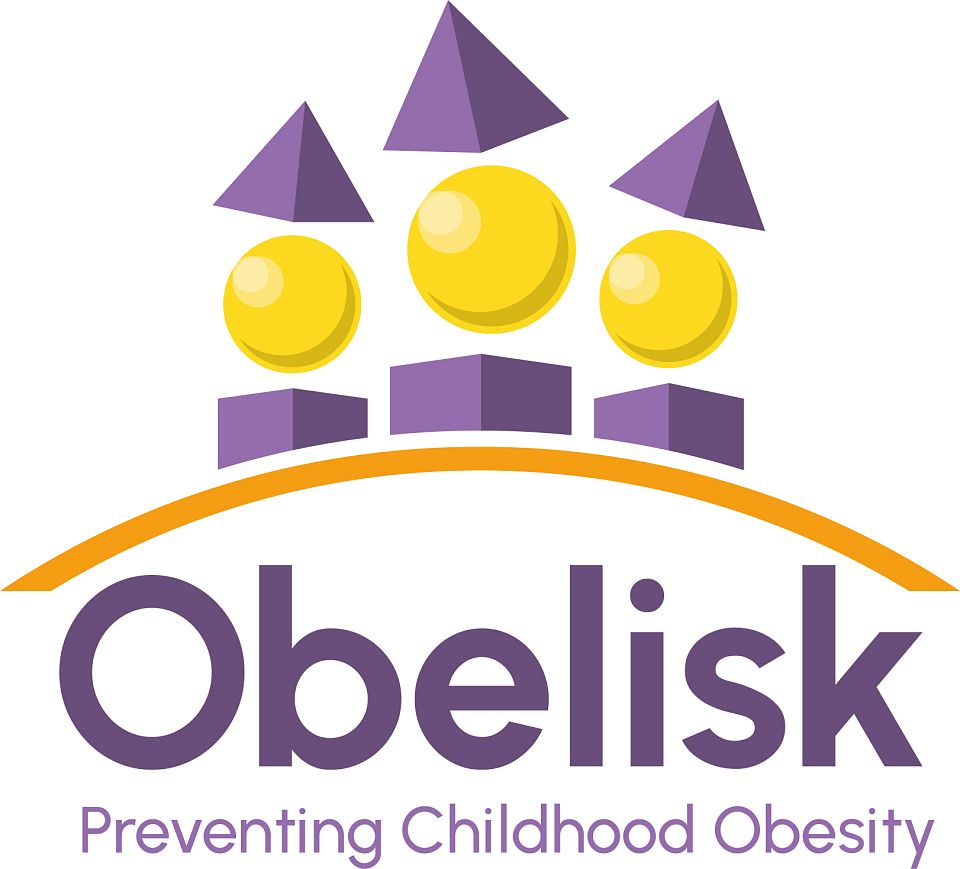The University of Rome 'Tor Vergata' is a partner to the Obelisk project, financed by the European Union.

Preventing childhood obesity to stay healthy throughout life
Rates of childhood obesity are increasing at an alarming rate. According to the WHO European Regional Obesity Report 2022, roughly 1 in 3 primary school-aged children in Europe is living with obesity or overweight. This figure is predicted to rise even further. Children and teenagers with obesity and overweight carry an increased risk of developing poor health outcomes in later life including severe obesity, diabetes and cardiovascular disease leading to disability and premature death.
Treating adults with obesity and overweight is challenging and it is proven that both prevention and treatment work better in younger age groups. A new European project is embarking upon an ambitious research programme aimed at preventing childhood obesity to ‘cut the roots’ of the current pandemic. The OBELISK project has developed an approach built on four principles, hence reference to the four-sided structure we are all familiar with: Prediction, Prevention, Precision, and Participation.
OBELISK aims to deliver scientific breakthroughs to enhance our understanding of the molecular mechanisms by which causative factors interact to drive (or prevent) the transition from normal weight to obesity during childhood. This knowledge will be used to develop and exploit new predictive tools and preventative treatments. Research teams will also seek to identify new genes associated with childhood obesity, providing the opportunity to develop new drug treatments. The project will demonstrate the effectiveness of targeted approaches to prevent childhood obesity, including trialling new treatments to reverse obesity in children who have mutations, and are therefore predisposed to the early development of severe obesity. Finally, underpinning the entire project is a participatory approach to both the research and dissemination of the project results, including the roll out of educational programmes, through engaging with families and carers, day care providers and schools, local authorities, the healthcare industry as well as policymakers and the scientific and academic communities.
This ambitious project includes 15 partners from universities, research institutions and small and medium-sized enterprises from across nine European countries. The consortium has received 9.5 million Euro from the EU’s Horizon Europe Research and Innovation programme and an additional 1.7 million Euro from UK and Swiss research funding bodies. The project is coordinated by French research institute INSERM, led by the centre in Lille and the consortium have met today to initiate the project and embark upon their five-year collaboration.
Project coordinators Philippe Froguel and Amélie Bonnefond say “we are excited to be working with this diverse and expert consortium to help address the challenges of childhood obesity and its adverse impacts on the future health of European citizens. We are committed to delivering the scientific innovations needed to develop more effective tools and treatments for prediction and prevention, and the project will deliver precise guidelines and educational materials to a range of stakeholders through our participatory approach”.
OBELISK started on 1st May and a public website will be launched in October 2023. In the meantime, to keep up to date with the project’s progress please follow @ObeliskProjectE on Twitter.
The research team from the University of Rome Tor Vergata, led by Professor Vincenzo Atella and Dr. Andrea Piano Mortari, will be responsible for quantifying the costs associated with childhood obesity, evaluating the cost-effectiveness of proposed interventions, and analyzing their behavioral aspects. According to Dr. Francesca Marazzi, a member of the research team and responsible for experimental analysis, "It is of fundamental importance to identify the determinants of childhood obesity, both of a socio-economic and behavioral nature, in order to design policy interventions that are truly capable of promoting behavioral changes in both children and their parents, towards healthier consumption choices and lifestyles that can persist into adulthood."
Notes to editors:
Press contact:
Jayne Evans, email jayne.evans@betatechnology.co.uk, Phone +44 7964 949734
Coordinator contact:
Philippe Froguel, email philippe.froguel@cnrs.fr, +33 (0)3 74 00 81 00
Amélie Bonnefond, email amelie.bonnefond@cnrs.fr, +33 (0)3 74 00 81 00
About OBELISK
Partners:
- Institut National de la Santé et de la Recherche Médicale (INSERM), France (Project Coordinator)
- Oulu Yliopisto, Finland
- Assistance Publique – Hôpitaux de Paris, France
- Università degli Studi di Messina, Italy
- Technische Universität München, Germany
- Lunds Universitet, Sweden
- Deutsches Institut für Ernährungsforschung Potsdam Rehbrücke, Germany
- European Childhood Obesity Group, Belgium
- Università degli Studi di Verona, Italy
- Università degli Studi di Roma Tor Vergata, Italy
- Fundació Institut Mar d’Investigacions Mèdiques, Spain
- Inserm Transfert SA, France
- Centre Hospitalier Régional et Universitaire de Lille, France
- Swiss Institute of Bioinformatics, Switzerland
- Beta Technology, UK
OBELISK has received funding from the European Union’s Horizon Europe Research and Innovation programme under grant agreement 101080465.
UK participant in Horizon Europe Project OBELISK is supported by UKRI grant number 10077650 (Beta Technology).
This work is further supported by the Swiss State Secretariat for Education‚ Research and Innovation (SERI) under contract number 23.00160.
Disclaimer: Funded by the European Union. Views and opinions expressed are however those of the author(s) only and do not necessarily reflect those of the European Union or other
